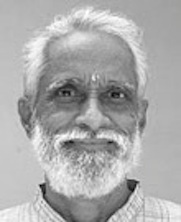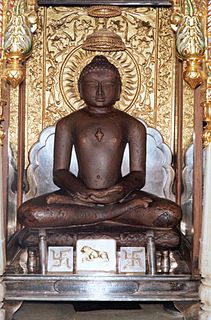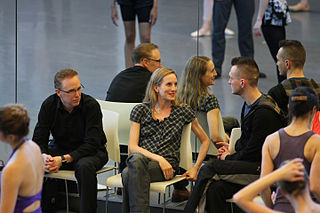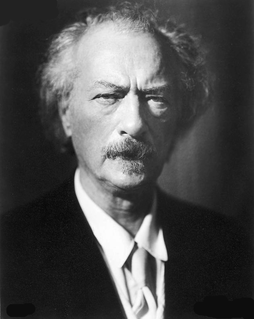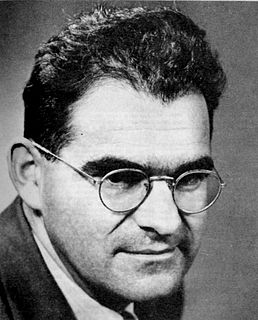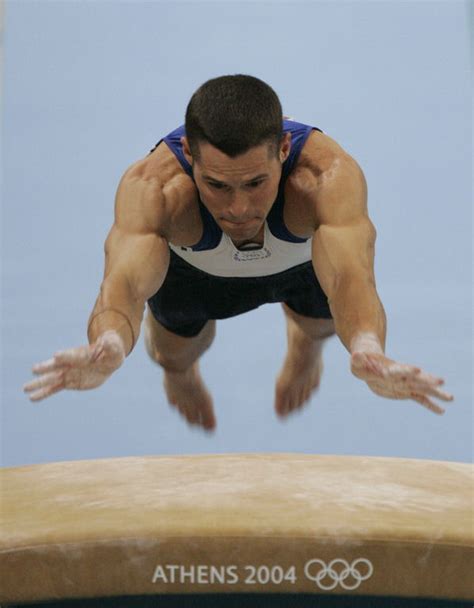A Quote by Karen Armstrong
Compassion is a practically acquired knowledge, like dancing. You must do it and practice diligently day by day.
Quote Topics
Related Quotes
If one undertakes retrospection of the day's events, one must do it regularly at the appointed hour, not fitfully, not doing it today, neglecting to do it tomorrow and the day after and then taking it up again on the fourth day. Such irregular practice is not conducive to the confirmation of the habit of retrospection.
The nectar of compassion is so wonderful. If you are committed to keeping it alive, then you are protected. What the other person says will not touch off the anger and irritation in you, because compassion is the real antidote to anger. Nothing can heal anger except compassion. That is why the practice of compassion is a very wonderful practice.
In Buddhism, both learning and practice are extremely important, and they must go hand in hand. Without knowledge, just to rely on faith, faith, and more faith is good but not sufficient. So the intellectual part must definitely be present. At the same time, strictly intellectual development without faith and practice, is also of no use. It is necessary to combine knowledge born from study with sincere practice in our daily lives. These two must go together.
Continuous practice, day after day, is the most appropriate way of expressing gratitude. This means that you practice continuously, without wasting a single day of your life, without using it for your own sake. Why is it so? Your life is a fortunate outcome of the continuous practice of the past. You should express your gratitude immediately.


